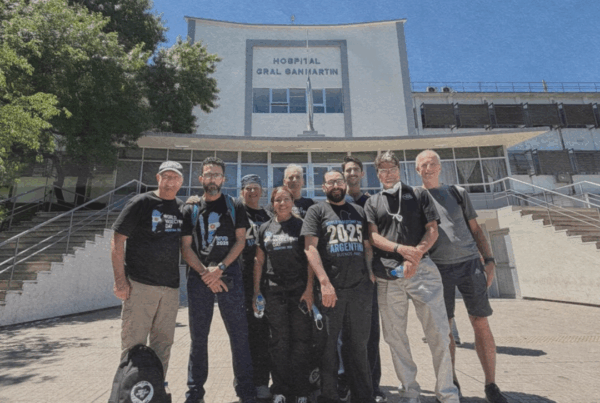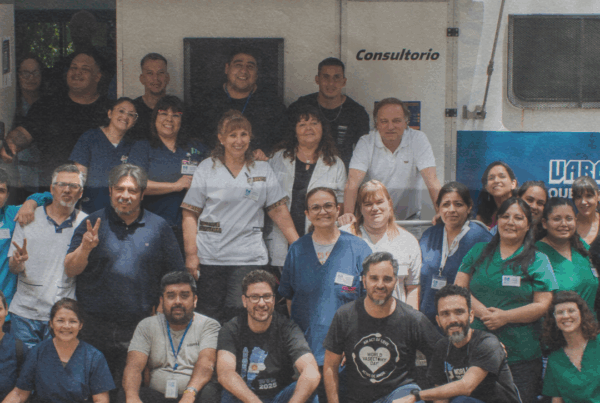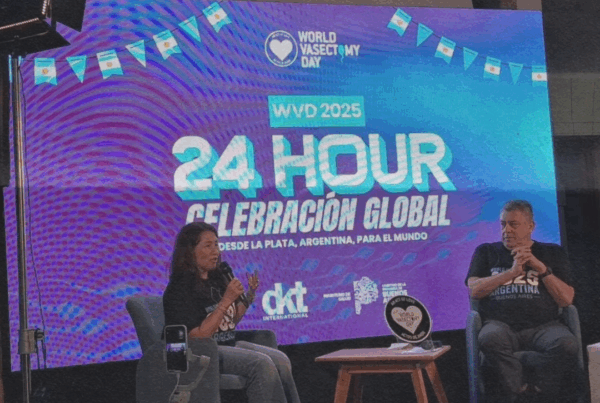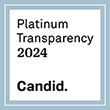WVD in Latin America and The Caribbean
Argentina prepares for Vasectomy Days within the framework of World Vasectomy Day 2024 🇦🇷
For the first time in Argentina, 120 men will have access to vasectomies within the framework of the World Vasectomy Day training program, which, in partnership with the Ministry of Health of the province of Buenos Aires, will train professionals from the public health system in the No-Scalpel Vasectomy (NSV) technique. In a historic campaign, these 120 men obtained an appointment at the San Martín Hospital in La Plata, Argentina, and during the month of October they received pre-vasectomy counseling. During these group counseling sessions, the men were informed about the procedure and took advantage of the space to talk about male participation in family planning and men’s access to comprehensive health care.
The medical training will take place from November 19 to 23. During 5 days of intensive training, our expert trainers will teach 4 doctors from different public hospitals in the province in the no-scalpel vasectomy technique. Within the framework of the training sessions, it is expected that the trained professionals will be able to perform 120 vasectomies, which impacts not only the development of skills but also the effective access of 120 men from the community who were waiting for this service.
The shifts were quickly filled, expressing the high demand for male contraception from the Buenos Aires population. In this way, Argentina is preparing for the development of historic sessions within the framework of the celebration of World Vasectomy Day 2024. Strengthening the skills of health professionals, men’s access to vasectomy services, and promoting participatory and responsible masculinities will be the emblems during the month of November, to celebrate the path towards reproductive equity.
No-Scalpel Vasectomy Training in El Salvador: “Birthplace of Brave Men”
To advance reproductive health equity and provide accessible contraceptive options for men, World Vasectomy Day (WVD) recently conducted a significant training program on the no-scalpel vasectomy technique in El Salvador. This program, representing a milestone in the country’s public health landscape, took place from October 8th to 12th at the Nuestra Señora de Cojutepeque National Hospital in the Cuscatlán department, establishing El Salvador as the “birthplace of brave men.”
Excellence in No-Scalpel Vasectomy Training
The WVD mission in El Salvador was led by a team of international experts in no-scalpel vasectomy: Dr. Michel Labrecque, Dr. Eloisa González, and Dr. John Curington. These specialists shared their extensive experience and knowledge with three doctors from the Salvadoran Ministry of Health (MINSAL). Over the course of five days, these professionals received in-depth training on advanced techniques, both theoretical and practical, for performing no-scalpel vasectomies, an innovative and minimally invasive method that provides men with a safe, permanent contraceptive option.
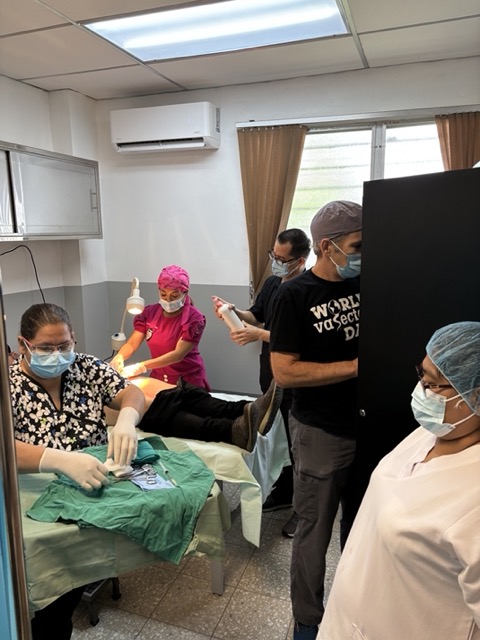
An International Collaboration for the Health of Salvadoran Men
This training was the result of a year-long, meticulously planned collaboration with MINSAL’s dedicated team, led by Dr. Marcela Hernández, head of the Adult Health Care Unit at MINSAL. Through her leadership and the commitment of the entire health team, this initiative was realized to directly benefit the Salvadoran population, laying the groundwork for broader access to male reproductive health services.
During the training period, 104 no-scalpel vasectomies were performed on men who voluntarily and willingly participated in this health event. Each of these men embodies responsibility and courage, actively participating in family planning and contributing to a more balanced distribution of contraceptive responsibilities. These men made informed, conscious decisions to take an active role in their reproductive health and that of their families, becoming pioneers in a country where such topics still face cultural taboos and challenges.
A Promising Future: Vasectomy Program in Primary Health Units
Based on the results and experience of this first training, MINSAL will implement a vasectomy program in primary health care units, removing the need for operating rooms and making the procedure more accessible to all men in El Salvador. This pioneering initiative will make vasectomy a real, affordable option by bringing it closer to communities, facilitating men’s access to safe and effective family planning methods.
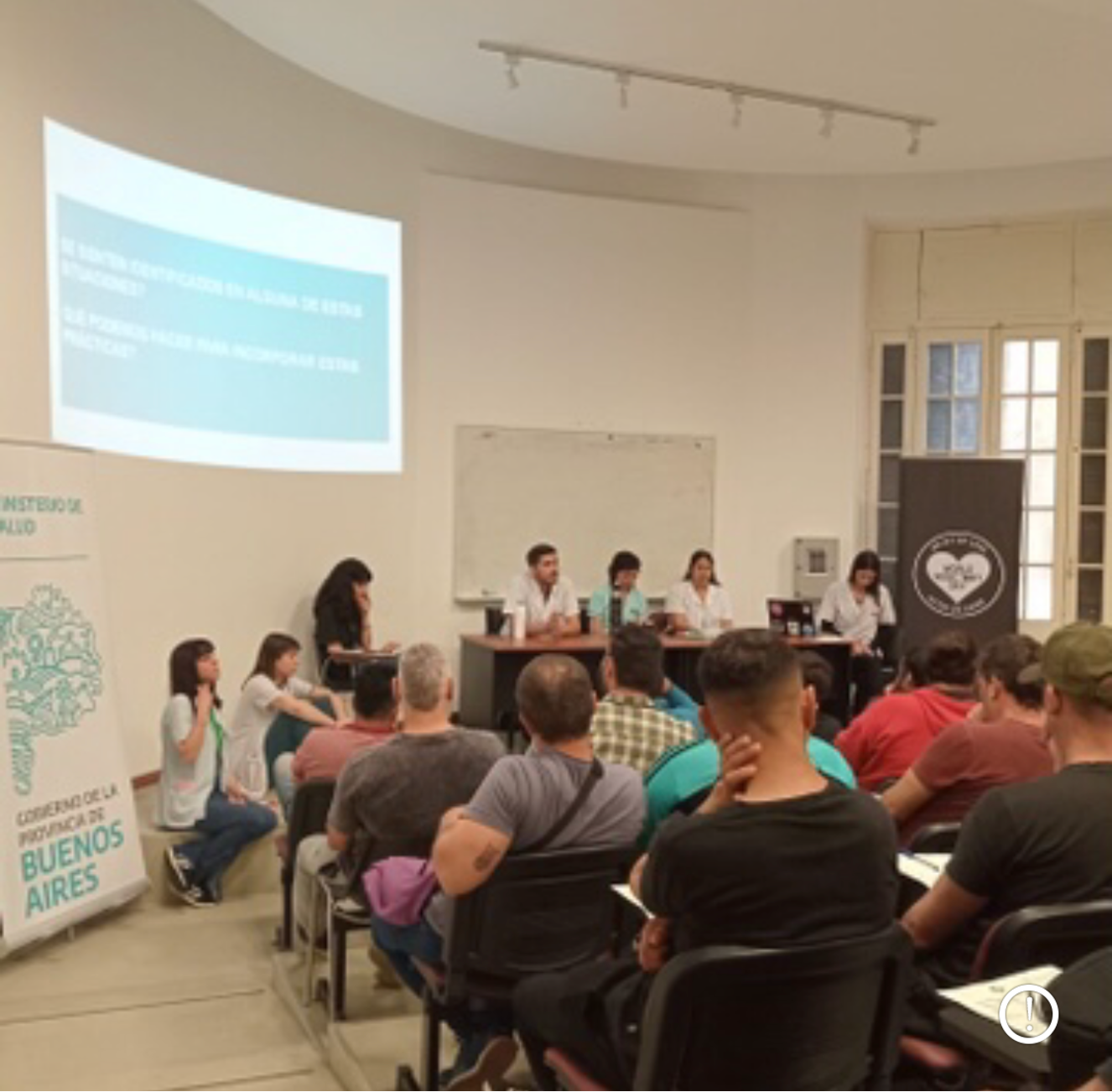
Contraceptive Equity: A Shared Commitment between WVD and MINSAL
World Vasectomy Day and the Salvadoran Ministry of Health share a vision of contraceptive equity. This program aims to provide men with the opportunity to make informed decisions about their reproductive health, contributing to a society where family planning responsibilities are shared equitably. Through such initiatives, each man’s responsible and loving decision for his family and a more equitable society is supported.
The no-scalpel vasectomy training conducted in El Salvador marks the beginning of a cultural shift in male reproductive health. Thanks to the commitment of MINSAL professionals, the expertise of WVD trainers, and the courage of Salvadoran men, this initiative not only opens the door to more accessible contraception but also challenges social stigmas, promoting male involvement in family planning. El Salvador, as the “birthplace of brave men,” sets an example of leadership and progress in the region in favor of equity and the well-being of its citizens.
WVD in Africa
WVD Helds a Responsible Men’s Club Training in Uganda 🇺🇬
A group of ten men who have undergone vasectomy procedures recently participated in a training program organized by WVD on family planning and community mobilization. The training aimed to create a network of vasectomy acceptors who can advocate for men’s health programs and educate their peers about family planning, particularly vasectomy.
Held on October 8, 2024, the training equipped participants with the knowledge and skills to become effective advocates for reproductive health. Key topics covered included understanding various family planning methods, debunking myths and misconceptions about vasectomy, and developing effective communication skills to discuss family planning openly.
The training also emphasized the importance of community mobilization in increasing access to family planning services. Participants learned strategies to advocate for reproductive health within their communities, address barriers to access, and challenge the stigma associated with family planning.
As a result of the training, the participants established a Responsible Men’s Club(RMC) to promote men’s health and mobilize other men in their communities to seek vasectomy services. They also committed to using their newly acquired knowledge and skills to advocate for reproductive health and challenge harmful gender norms.
WVD’s initiative is a significant step towards promoting gender equality and empowering men to play a more active role in family planning. By equipping men with the knowledge and skills to advocate for reproductive health, the organization contributes to a more inclusive and equitable approach to family planning.
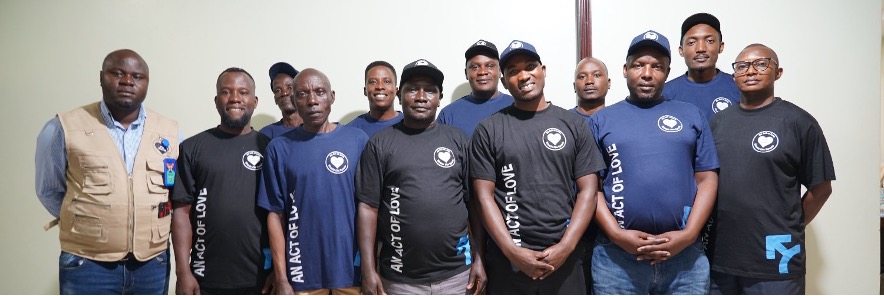
Mbarara, Uganda
WVD in Uganda strengthens Community mobilization for men’s health in Kampala Uganda 🇺🇬
WVD in Uganda recently held a series of meetings with Village Health Teams (VHT) coordinators, mobilizers, and health workers across Kampala ,Uganda. The goal was to enhance community mobilization efforts and ensure that men and women have better access to sexual reproductive health services including vasectomy in both private and government facilities
During the meetings, WVD officers discussed various community mobilization strategies employed by peer champions and government health structures. This provided an opportunity to learn from each other’s experiences and identify best practices.
The VHT structure, coordinated at the village level, plays a crucial role in supporting health programs in Kampala. VHT coordinators are responsible for overseeing a large number of VHT members and ensuring that they are actively involved in mobilizing clients, assisting Health workers, and conducting health education sessions.
By meeting regularly with VHT coordinators, WVD will monitor mobilization efforts, ensure that communities receive accurate health information, and identify effective strategies for future programs.
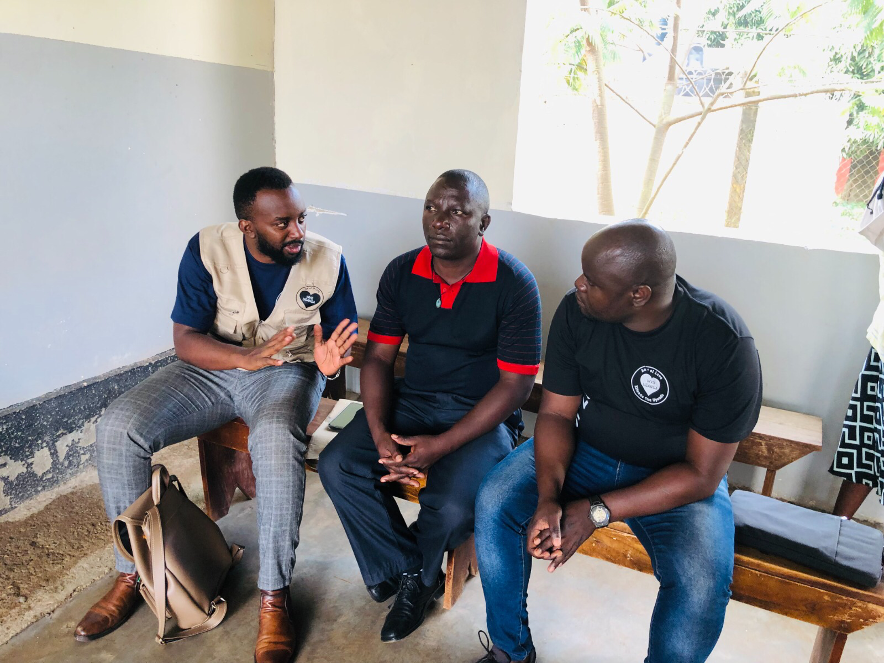
The VHT coordinators expressed their support for WVD’s focus on men’s health and pledged to collaborate in reaching more communities. Overall, these meetings were a significant step towards strengthening community mobilization and improving access to health services for men and women in Kampala, Uganda.
